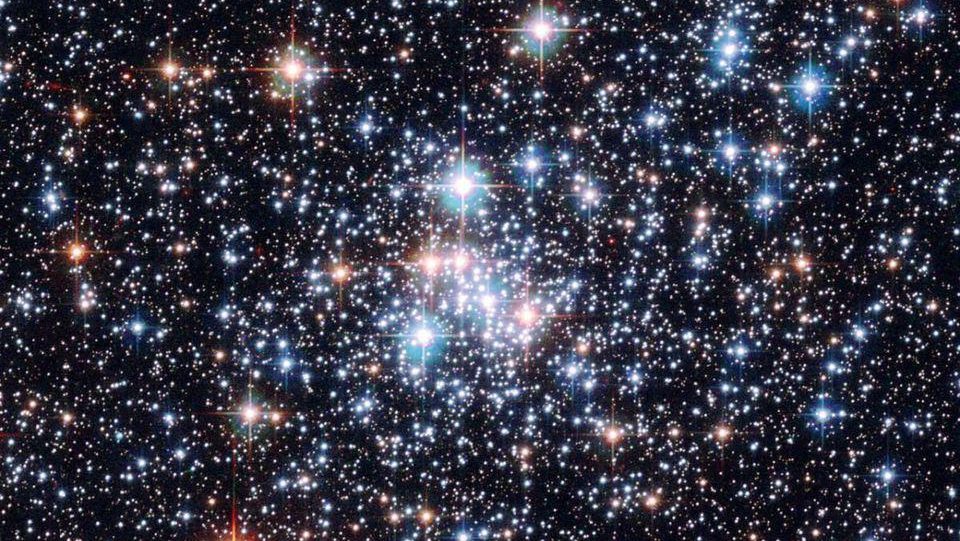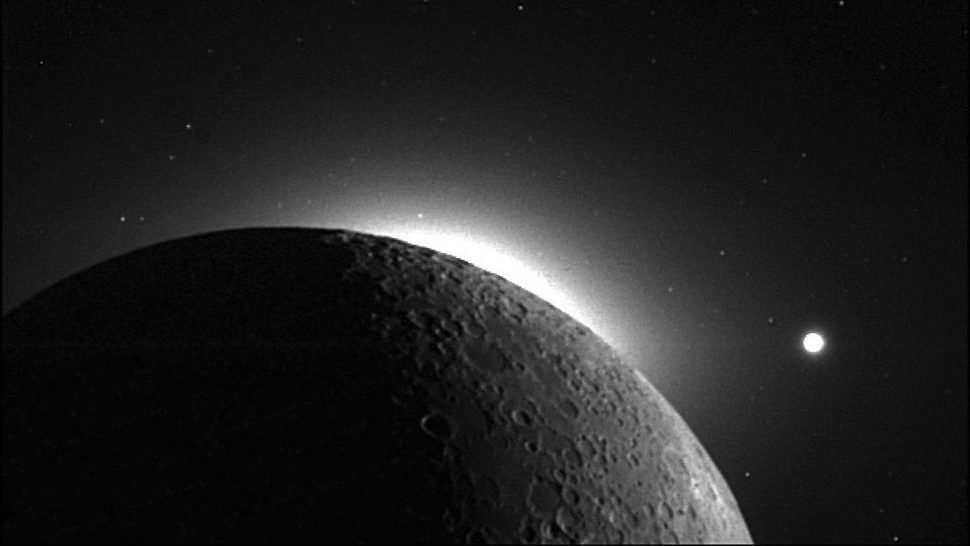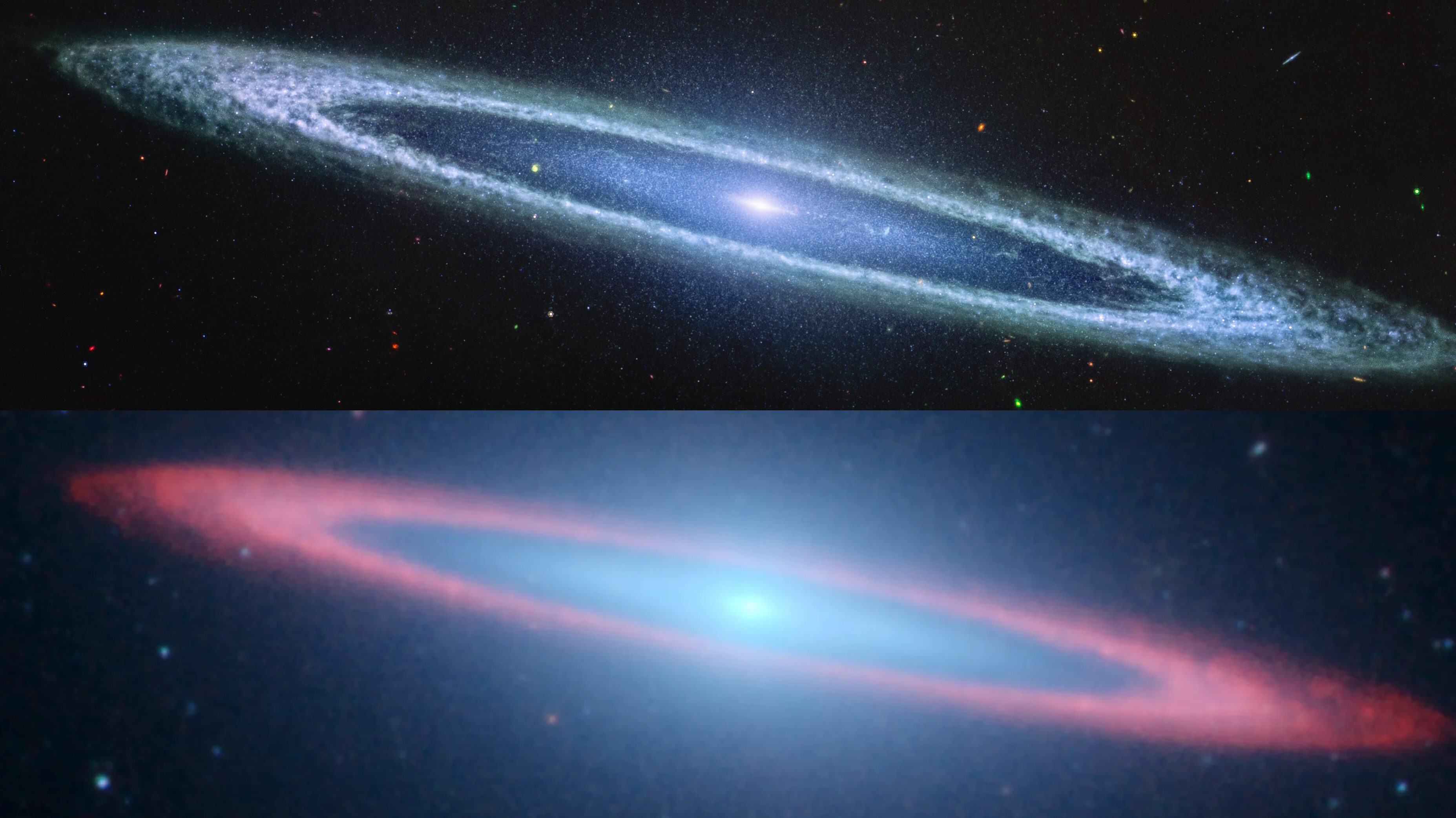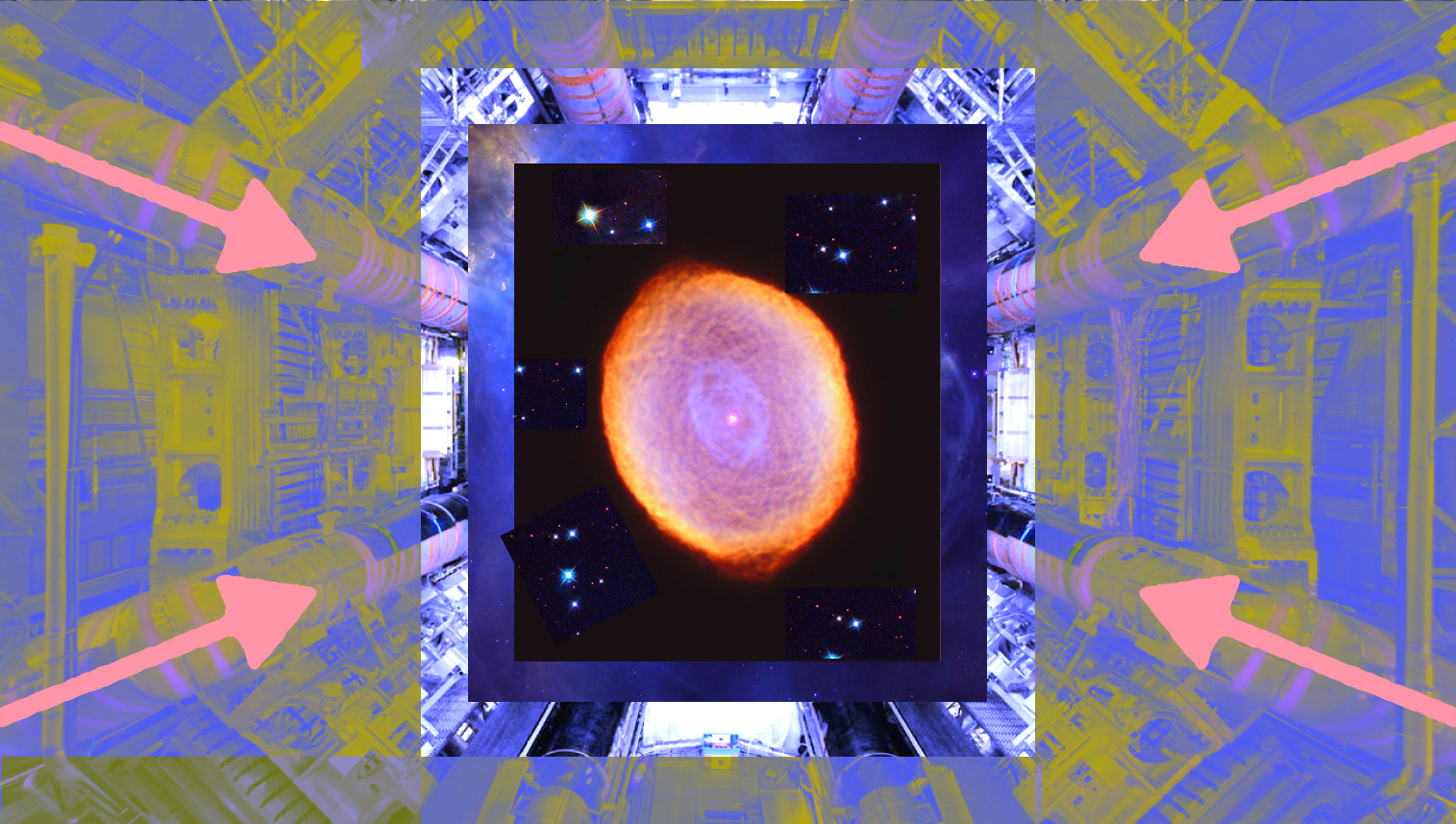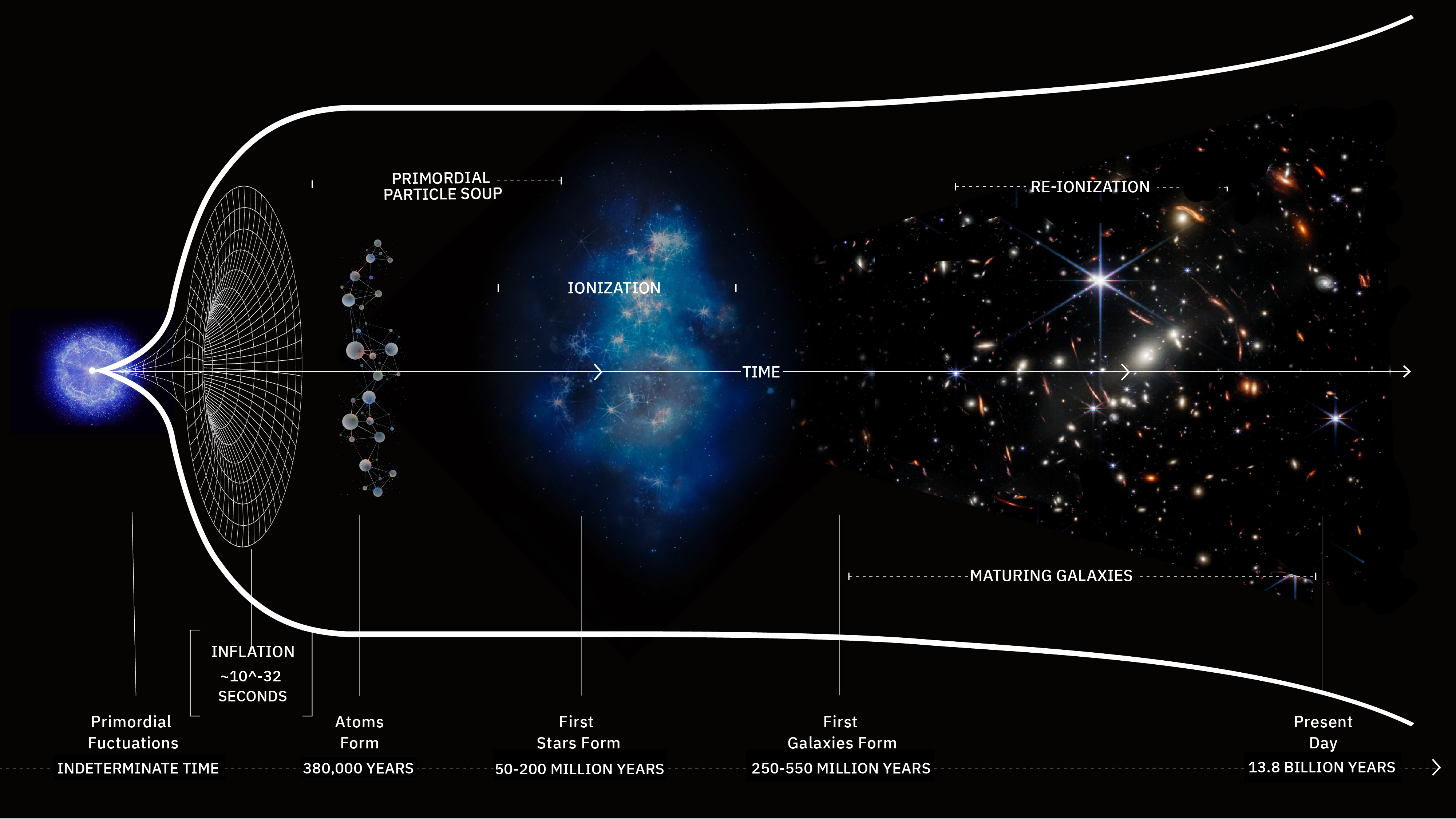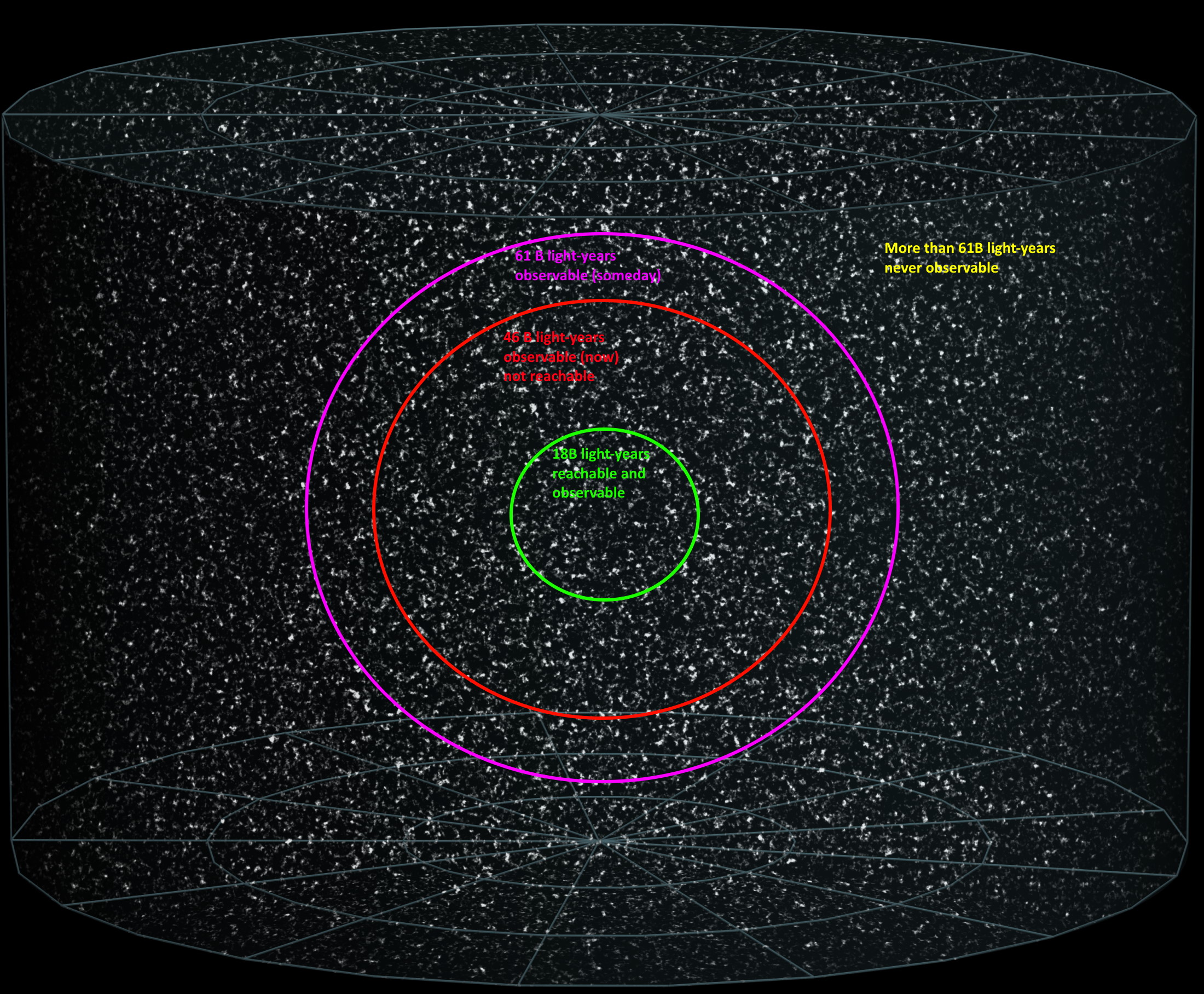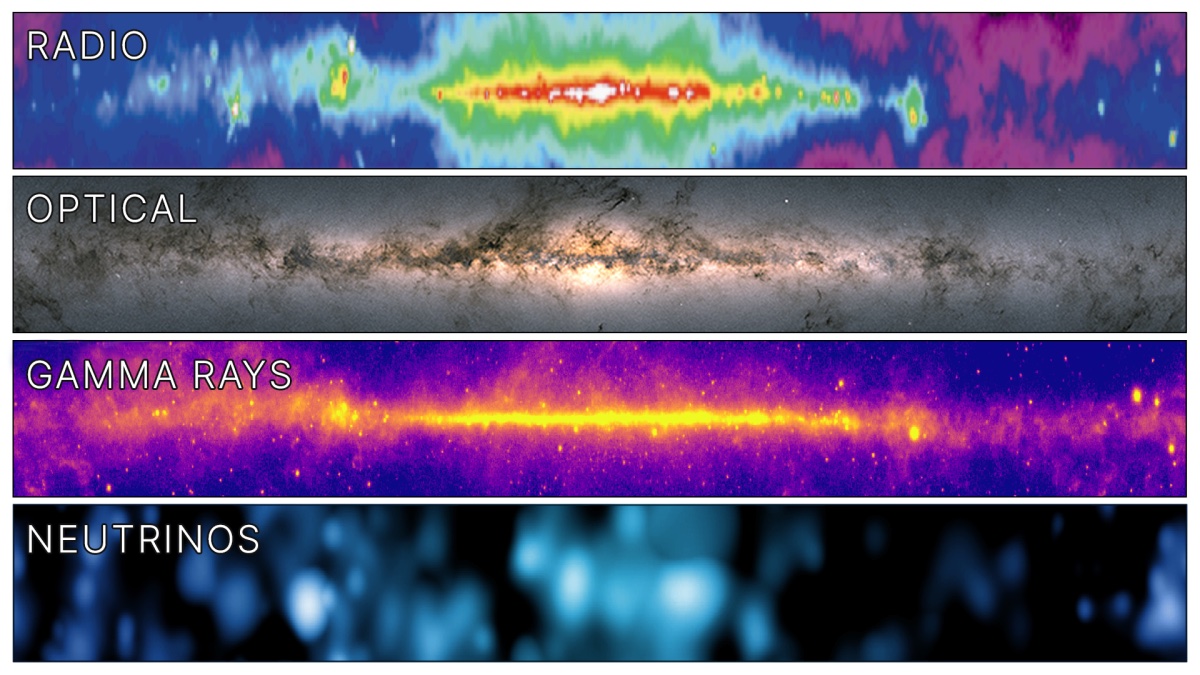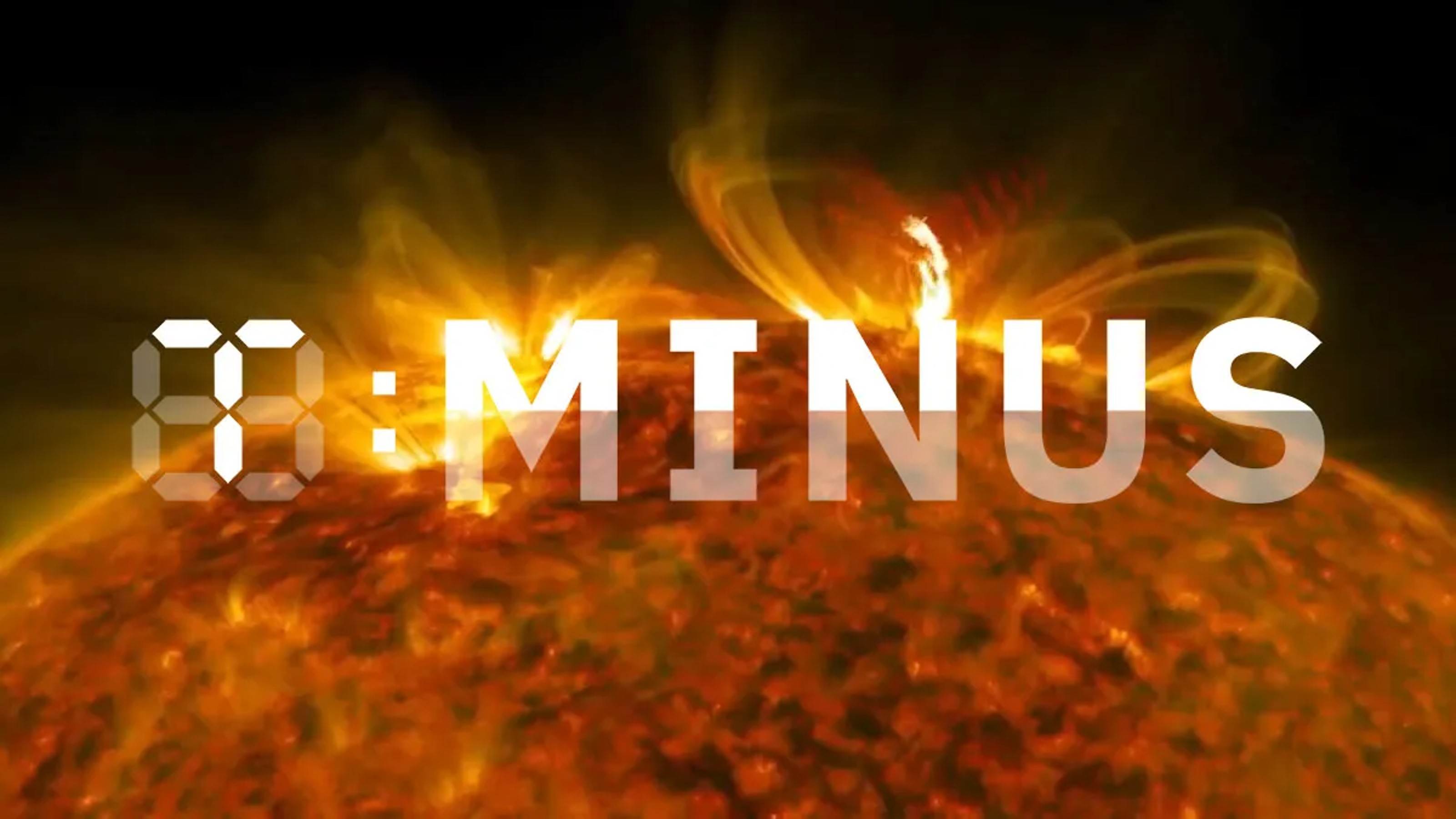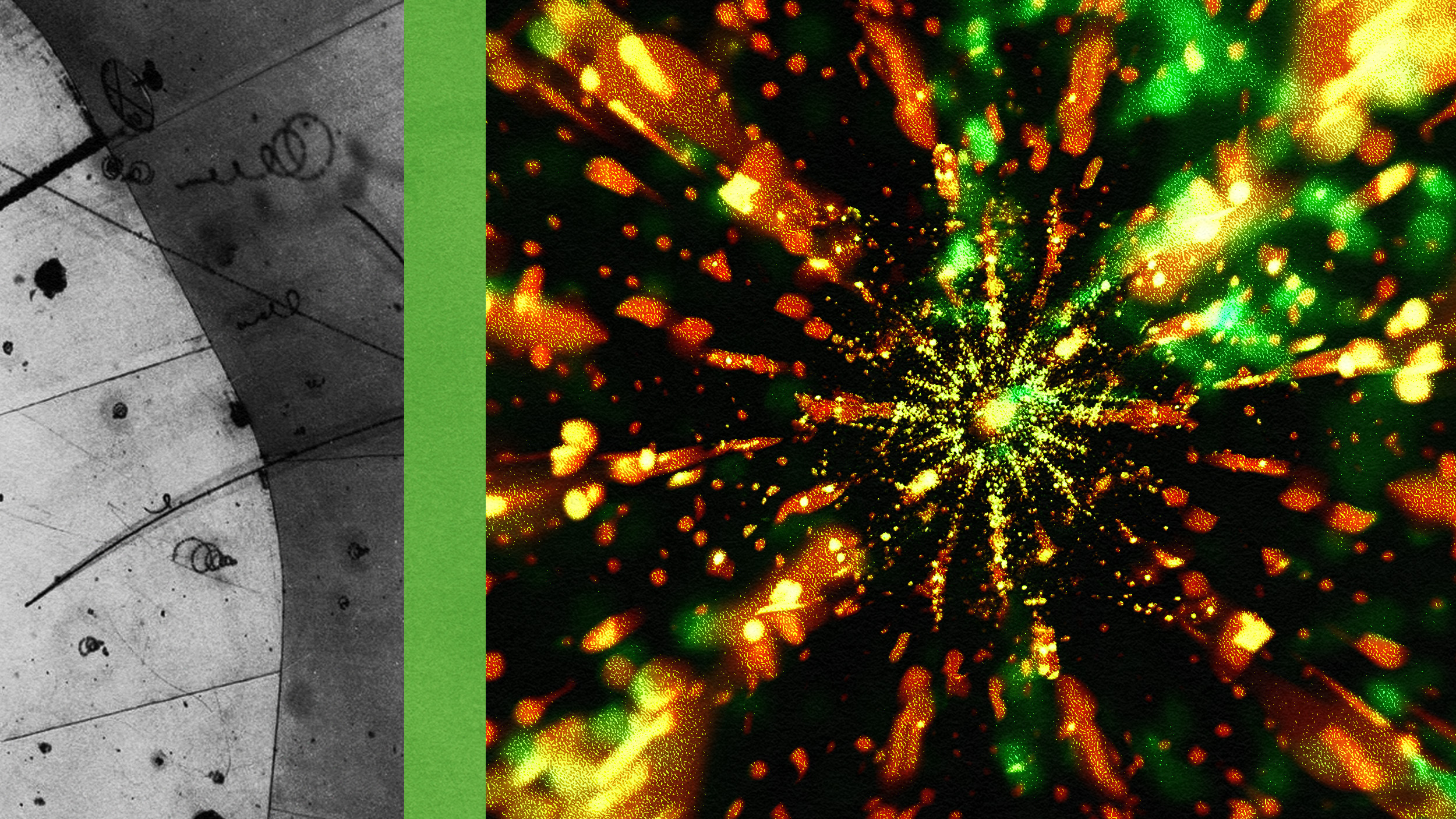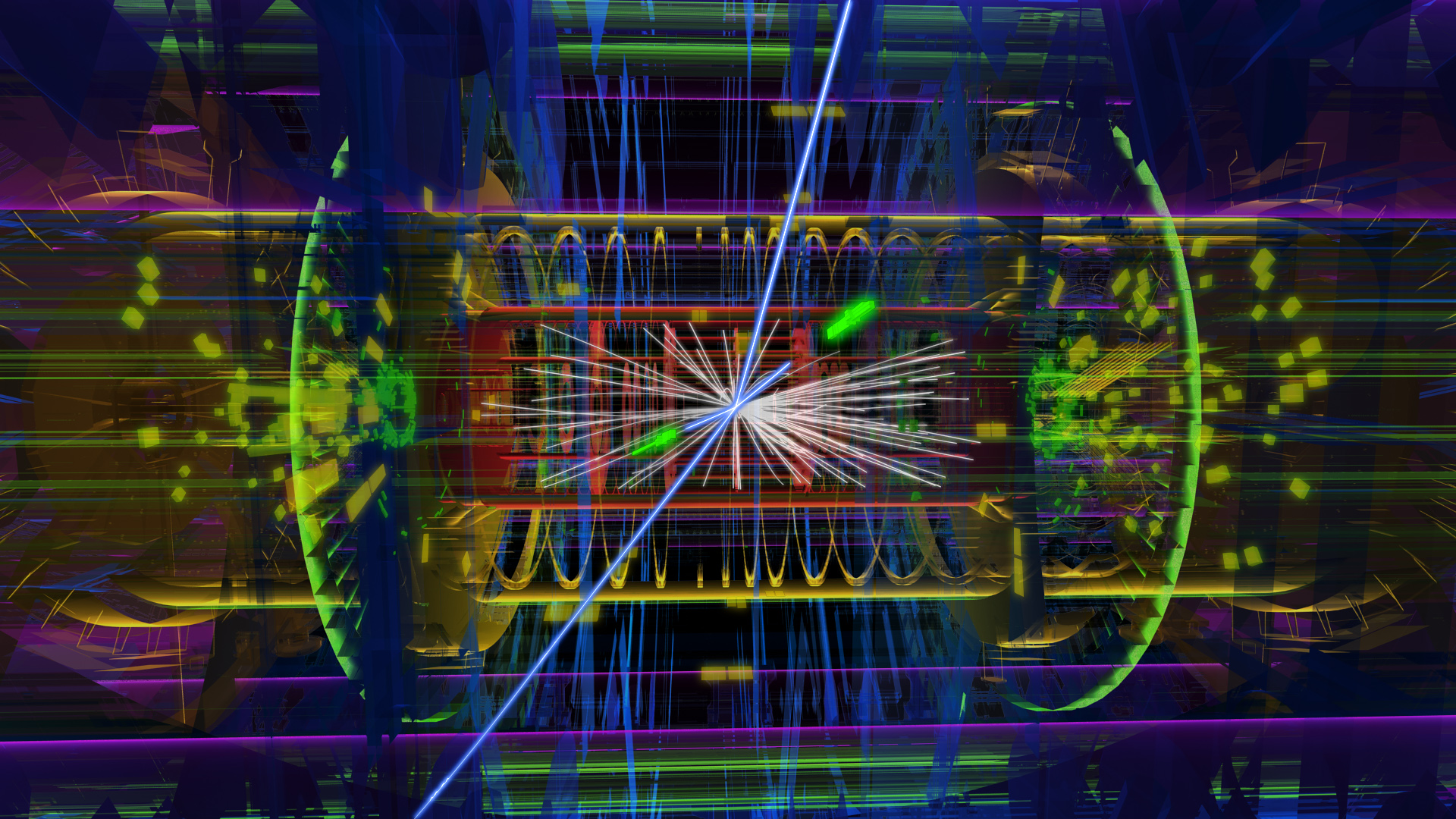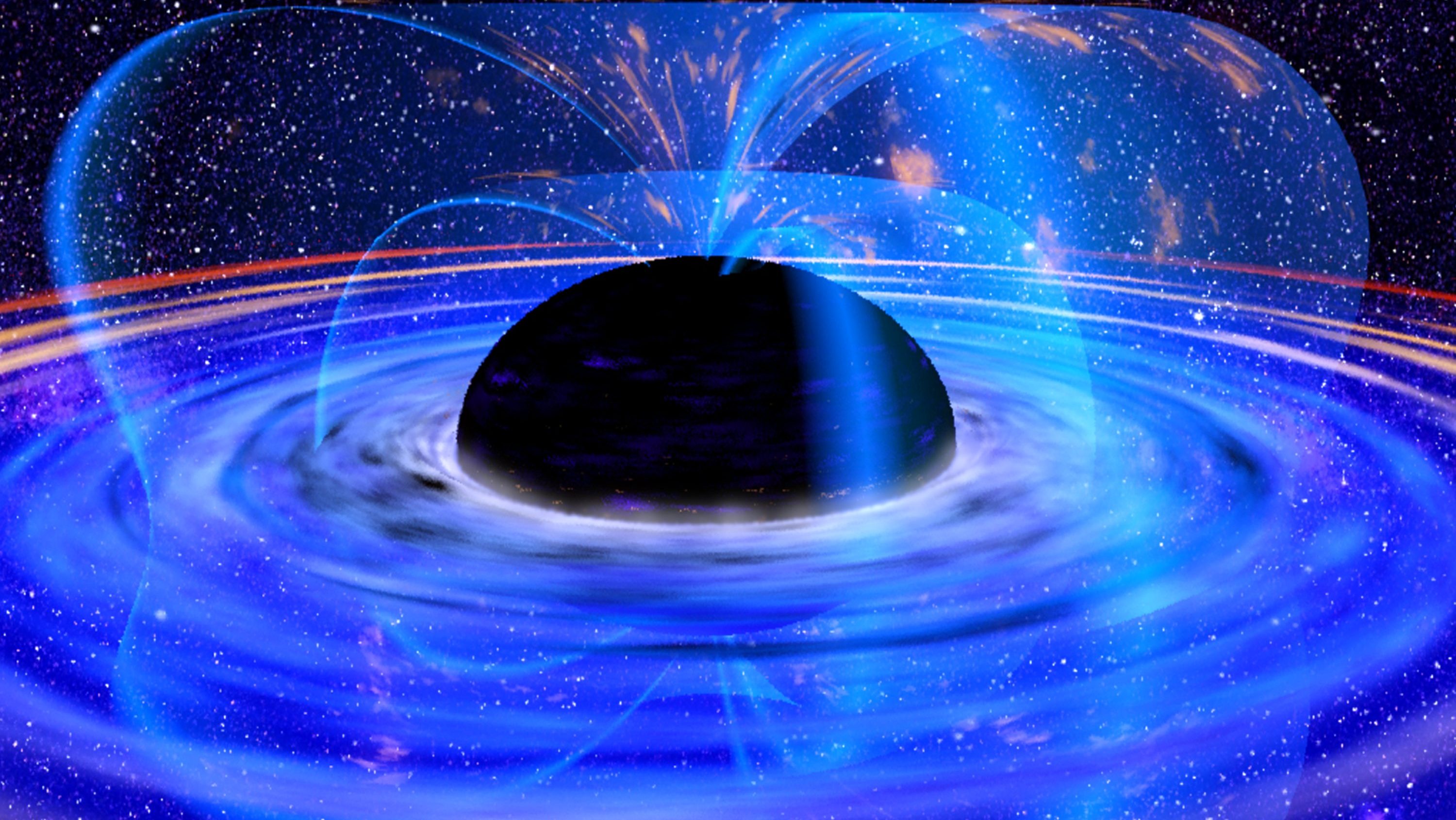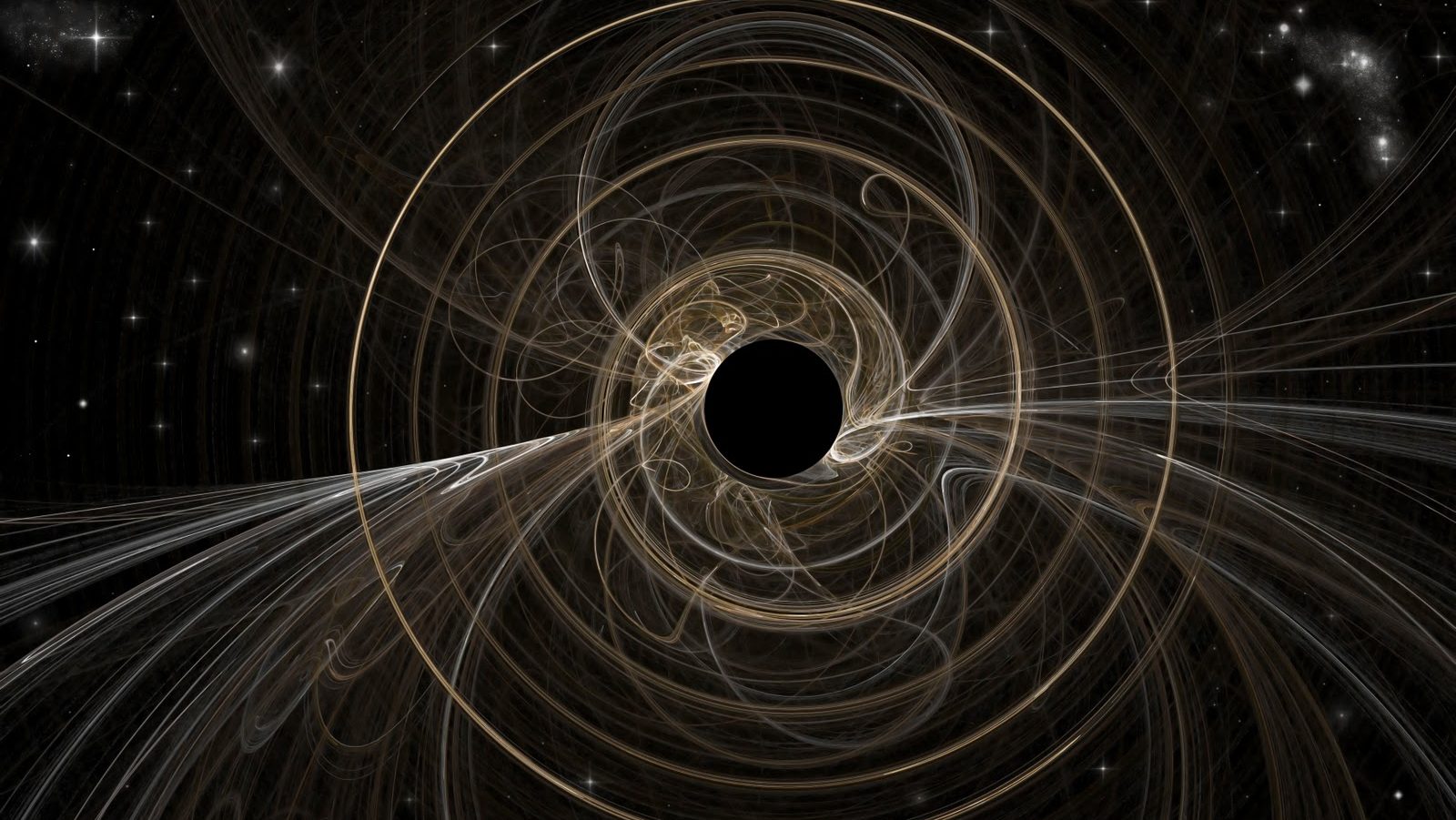The Multiverse fuels some of the 21st century’s best fiction stories. But its supporting pillars are on extremely stable scientific footing.
Search Results
You searched for: energy
Nuclear fusion has long been seen as the future of energy. As the NIF now passes the breakeven point, how close are we to our ultimate goal?
From the explosions themselves to their unique and vibrant colors, the fireworks displays we adore require quantum physics.
In our Universe, all stable atomic nuclei have protons in them; there’s no stable “neutronium” at all. But what’s the reason why?
According to neuropsychologist Julia DiGangi, no one can live a life free of emotional pain. We can only choose how those emotions empower us.
The second law of thermodynamics tells us that entropy always increases. But that doesn’t mean it was zero at the start of the Big Bang.
There’s no upper limit to how massive galaxies or black holes can be, but the most massive known star is only ~260 solar masses. Here’s why.
The National Ignition Facility just repeated, and improved upon, their earlier demonstration of nuclear fusion. Now, the true race begins.
The future belongs to complexity.
Earth, the only rocky planet with a large, massive satellite, is greatly affected by the Moon. Destroying it would cause 7 major changes.
The miniaturization of particle accelerators could disrupt medical science.
One of the most promising dark matter candidates is light particles, like axions. With JWST, we can rule out many of those options already.
In the infant Universe, particle physics reigned supreme.
Some 13.8 billion years ago, the Universe became hot, dense, and filled with high-energy quanta all at once. Here’s what it was like.
The zero-point energy of empty space is not zero. Even with all the physics we know, we have no idea how to calculate what it ought to be.
In a recent paper, biologists outlined a three-part hypothesis for how all life as we know it began.
In general relativity, white holes are just as mathematically plausible as black holes. Black holes are real; what about white holes?
As Marcel Proust said, “The real voyage of discovery… consists not in seeking new landscapes, but in having new eyes.”
To know how to protect its astronauts, NASA needs to first understand the threat.
The properties of a ghostly particle called a neutrino are coming into focus.
In the very early Universe, practically all particles were massless. Then the Higgs symmetry broke, and suddenly everything was different.
Black holes encode information on their surfaces, but evaporate away into Hawking radiation. Is that information preserved, and if so, how?
LK-99, almost certainly, isn’t a room-temperature superconductor. The underlying physics of the phenomenon helps us understand why.
If you eat a diet full of refined grains, high-sugar drinks, and sweets, there’s a good chance you have too much insulin.
Practically all of the matter we see and interact with is made of atoms, which are mostly empty space. Then why is reality so… solid?
Science fiction met nuclear fission when Hungarian physicist Leó Szilárd pondered the explosive potential of nuclear energy.
All of the matter and radiation we measure today originated in a hot Big Bang long ago. The Universe was never empty, not even before that.
All biological systems are wildly disordered. Yet somehow, that disorder enables plant photosynthesis to be nearly 100% efficient.
NASA’s only flagship X-ray telescope ever, Chandra, still works and has no planned successor. So why does the President want to kill it?
From nothing to everything: How zero changed our understanding of the universe, forever.
▸
3 min
—
with






